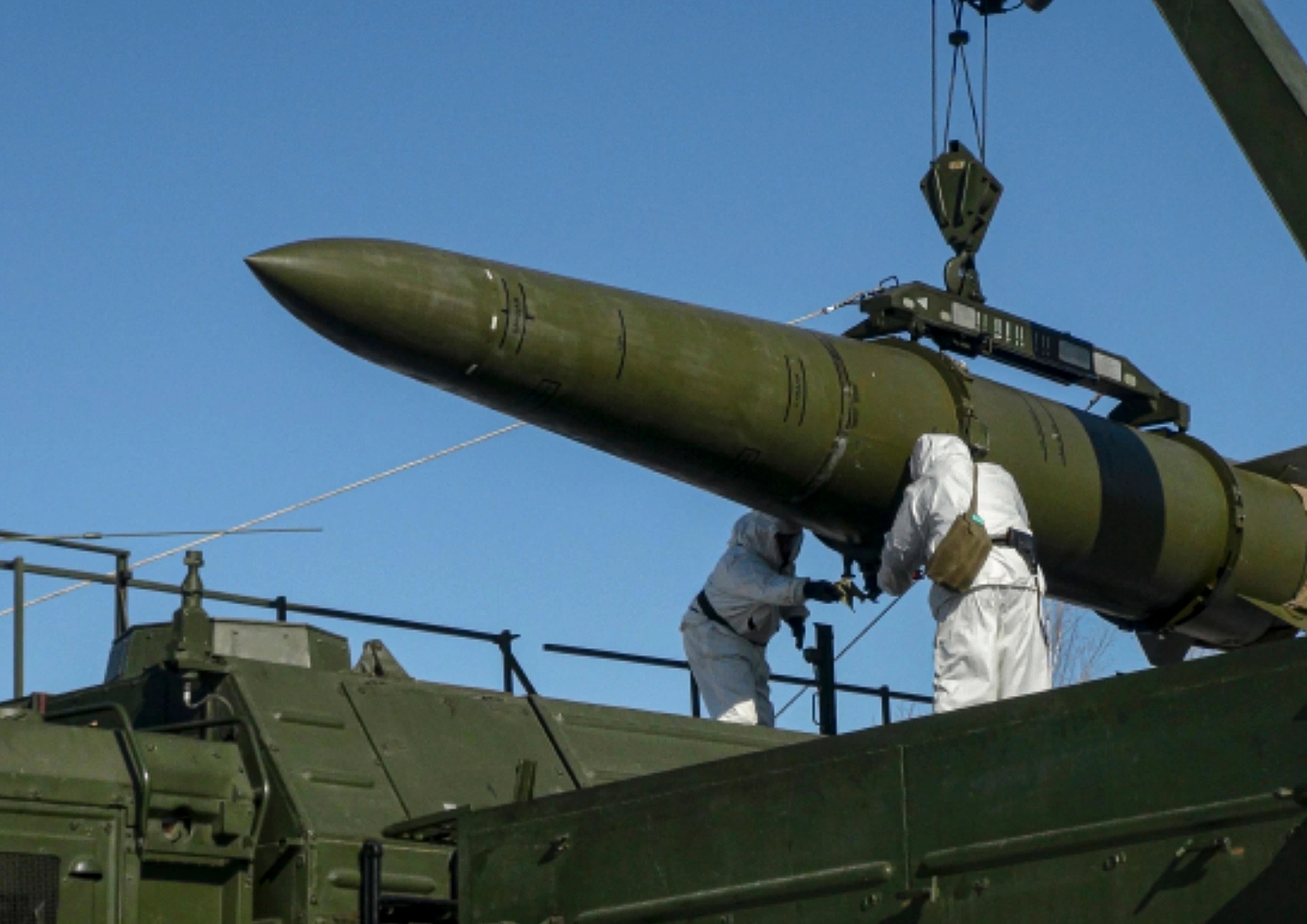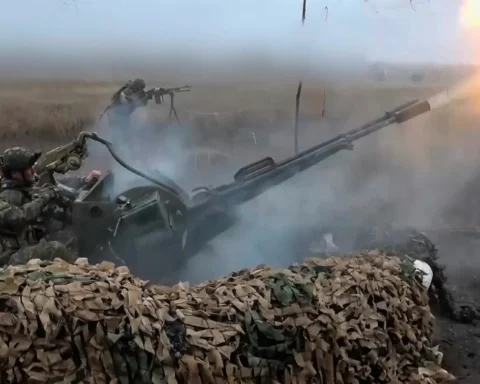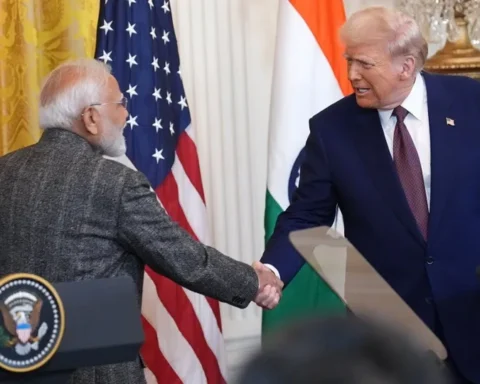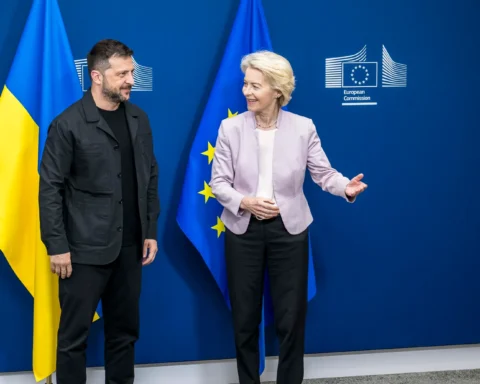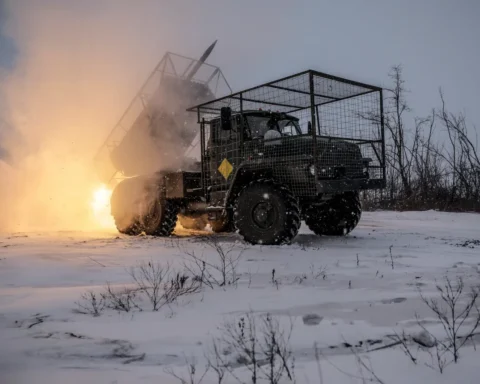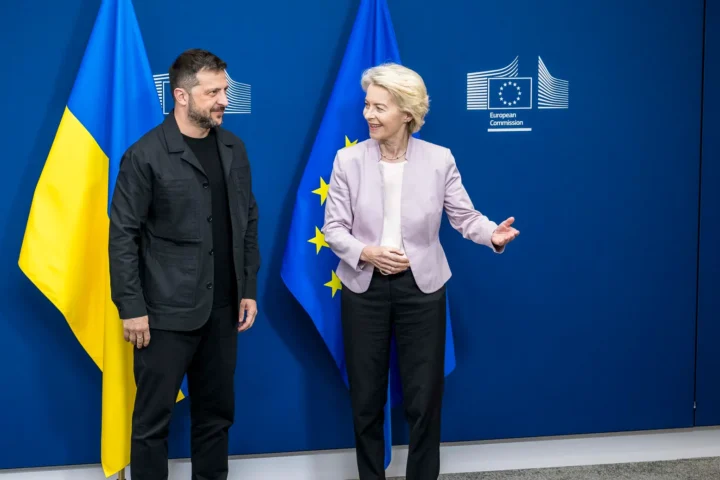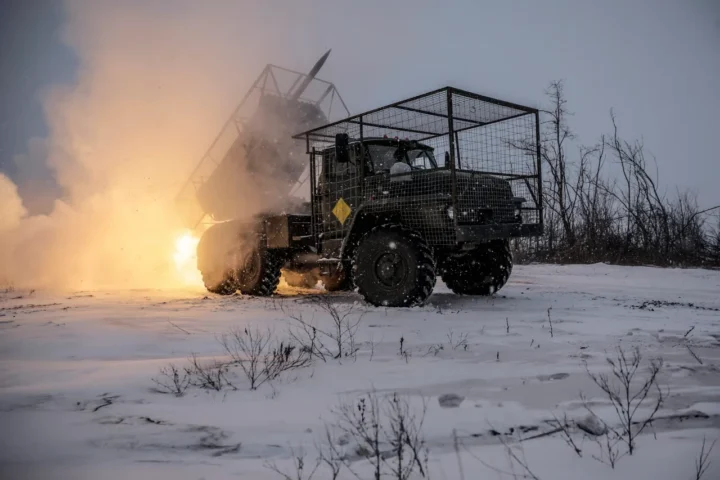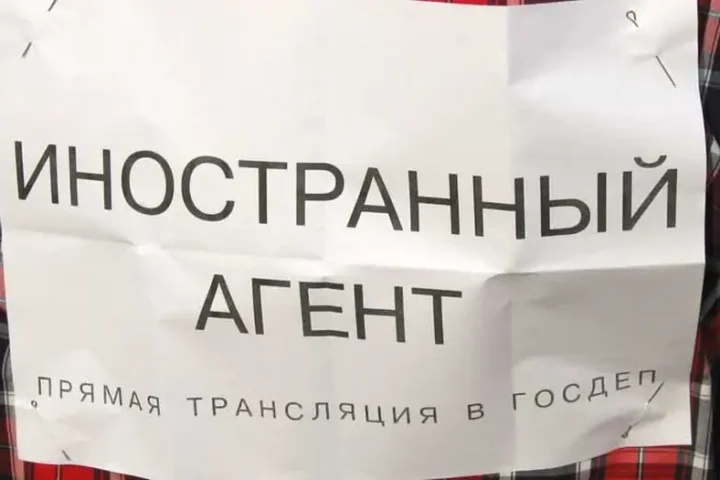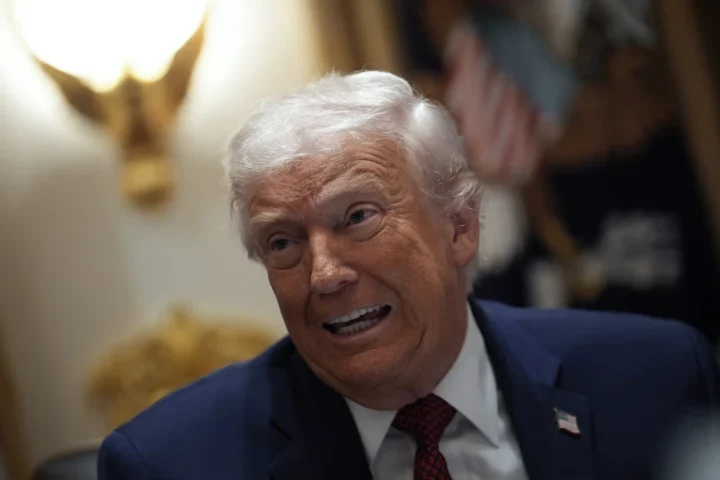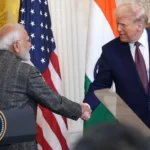Throughout 2024, the global geopolitical landscape was marked by significant escalation, with discussions about the potential use of nuclear weapons becoming alarmingly direct. Russia revised its nuclear doctrine and, for the first time, demonstratively deployed the “Oreshnik” missile. This unprecedented move was executed under the directives of Russia’s Security Council.
Military Implications
Some military experts suggest that Russia may resort to deploying tactical nuclear weapons or the “Oreshnik” missile in the coming year, likely targeting the Zaporizhzhia or Kherson regions. This aligns with Moscow’s strategy to “break the situation on the frontlines” and compel Ukraine to accept peace on Russia’s terms.
However, nearly three years without significant strategic breakthroughs leaves little hope for the Kremlin’s ultimate goal—a “new Yalta.” Despite this, the Kremlin’s ambitions remain fixed on a global agreement with the West, rejecting territorial concessions or secondary agreements as insufficient. To achieve such a grand objective, Russia may feel compelled to escalate further, potentially risking an uncontrollable chain of consequences.
Propaganda and Mobilization
Over the years, the Kremlin has leaned heavily on conflict mythology rather than pursuing realistic objectives, repeatedly shifting its “red lines,” which were initially declarative and largely unachievable. Despite optimistic declarations from Russian authorities about sustaining a prolonged war, the reality of limited resources—both material and human—is becoming increasingly evident.
Mobilization remains a critical issue. While theoretical reserves exist, they are becoming increasingly costly to mobilize. As such, a new wave of mobilization is likely to occur in 2025, supported by an intensified propaganda campaign. The growing militarization of the information space in late 2024 strongly suggests preparations for this effort.
The Decline of Gas Diplomacy
In parallel with its military challenges, Russia’s role as a global energy power continued to diminish in 2024. The cessation of Ukrainian gas transit on January 1 marked the end of Putin’s “gas diplomacy” project, a strategy pursued since 2003 to establish Russia as Europe’s “resource enforcer.”
By the end of 2024, Turkey emerged as the primary beneficiary of Russia’s gas projects, controlling the Southern Stream pipeline, the last remaining route for Russian gas to Europe. Meanwhile, the Kremlin sought to engage in discussions about exporting Azerbaijani gas to Germany via Russian pipelines. This initiative, spearheaded by Azerbaijan’s President Aliyev, gained support from German Chancellor Scholz and Ukrainian President Zelensky. Putin’s summer visit to Baku in 2024 was focused on advancing this project.
Challenges and Setbacks
Ukraine reportedly set conditions for the project, requiring Russia to cease strikes on its energy infrastructure. These conditions were not met, and following the Kursk incident, Russia adopted a more confrontational stance. Consequently, the project failed to launch. Azerbaijan criticized Russia’s actions, Germany underwent a political shift, and Turkey capitalized on the situation by asserting control over Syria and reviving discussions about a Qatar-to-Europe pipeline.
At the same time, Russia’s LNG ambitions suffered significant setbacks due to sanctions, which froze key development projects and dealt a severe blow to Novatek. Additionally, there are growing indications that the non-operational “Nord Stream” pipeline, rendered inactive due to sabotage, may be sold to American interests as its operator faces bankruptcy—a move strongly lobbied by Trump’s team.
Global Market Dynamics
Under the new Trump administration, efforts to marginalize Russian oil and gas in global markets have intensified. As Russia continues to dump prices in these markets, it increasingly relies on a “shadow fleet,” which has become a target for Western nations. The decline of Russia’s energy dominance underscores the broader collapse of its “gas diplomacy” strategy, leaving the Kremlin with limited options to exert influence on the global stage.


